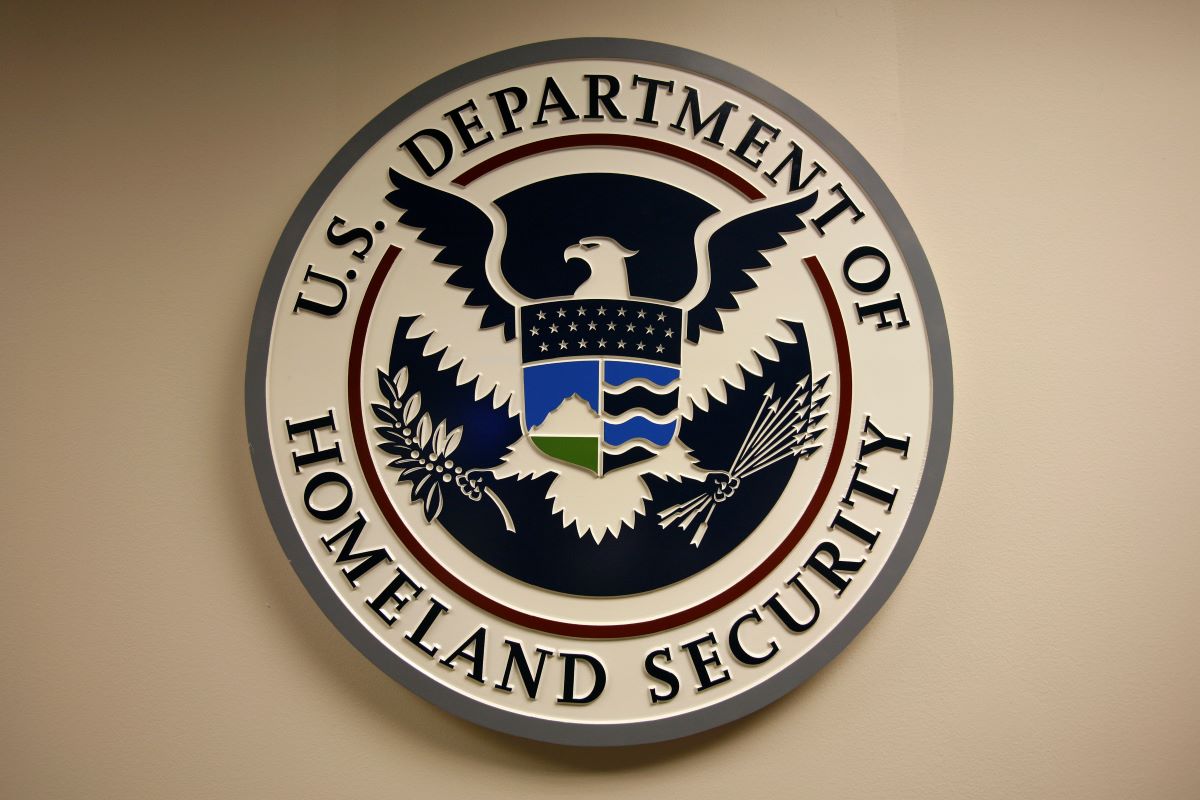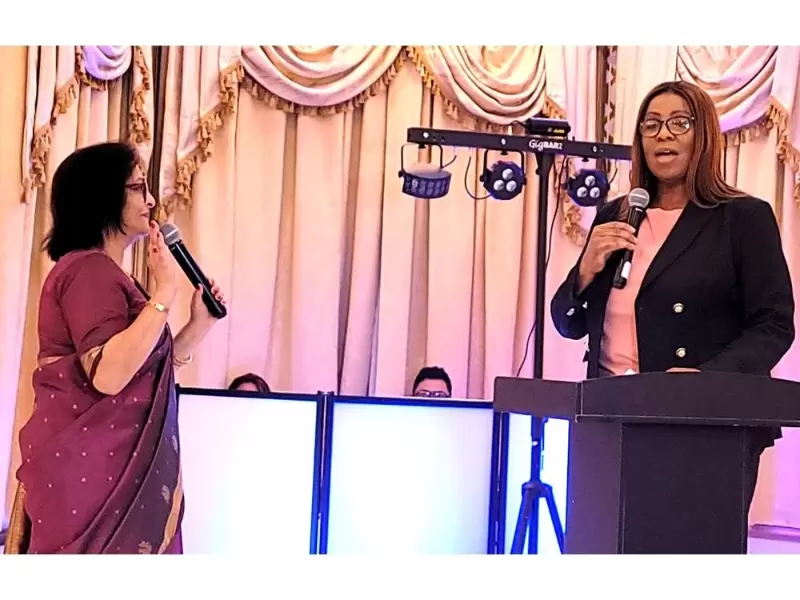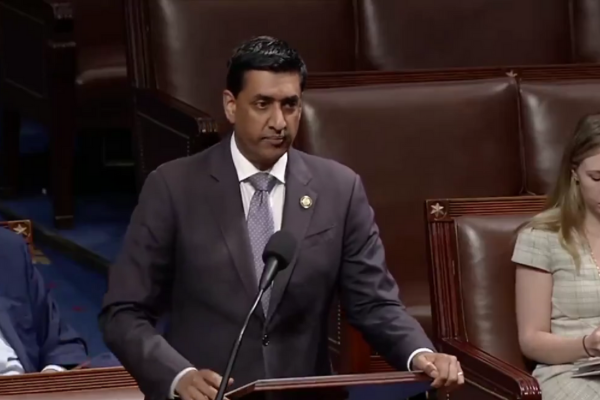U.S. ends automatic work permit extensions, citing security
The agency clarified that the rule does not apply retroactively to EADs that were automatically extended before that date.
 Representative Image / REUTERS/Hyungwon Kang/File Photo
Representative Image / REUTERS/Hyungwon Kang/File Photo
The U.S. Department of Homeland Security (DHS) announced an interim final rule ending the automatic extension of employment authorization documents (EADs) for certain categories of noncitizens applying for renewals.
The rule, which takes effect on Oct. 30, is intended to strengthen vetting and screening procedures to safeguard public safety and national security.
Also Read: USCIS mandates electronic payments for immigration applications
According to DHS, individuals filing to renew their EADs on or after Oct. 30 will no longer receive an automatic extension, except in limited cases such as extensions mandated by law or granted through a Federal Register notice related to Temporary Protected Status (TPS).
The department clarified that the rule does not apply retroactively to EADs that were automatically extended before that date. It maintained the change will allow U.S. Citizenship and Immigration Services (USCIS) to conduct more frequent background checks, helping to deter fraud and identify individuals who may pose security risks.
“USCIS is placing a renewed emphasis on robust alien screening and vetting, eliminating policies the former administration implemented that prioritized aliens’ convenience ahead of Americans’ safety and security,” said USCIS Director Joseph Edlow.
“It’s a commonsense measure to ensure appropriate vetting and screening has been completed before an alien’s employment authorization or documentation is extended. All aliens must remember that working in the United States is a privilege, not a right,” he said.
USCIS has advised applicants to file their renewal requests up to 180 days before their current EADs expire to avoid potential lapses in work authorization.
The decision marks a significant shift from recent policy. In December 2024, DHS had issued a rule increasing the automatic extension period for certain employment authorization renewals from 180 days to 540 days, a measure intended to reduce lapses in work authorization amid processing backlogs.
That rule, which took effect in January 2025, aimed to provide stability for noncitizens and employers affected by USCIS delays.
ADVERTISEMENT
ADVERTISEMENT
E Paper
Video




 Malvika Choudhary
Malvika Choudhary













Comments
Start the conversation
Become a member of New India Abroad to start commenting.
Sign Up Now
Already have an account? Login